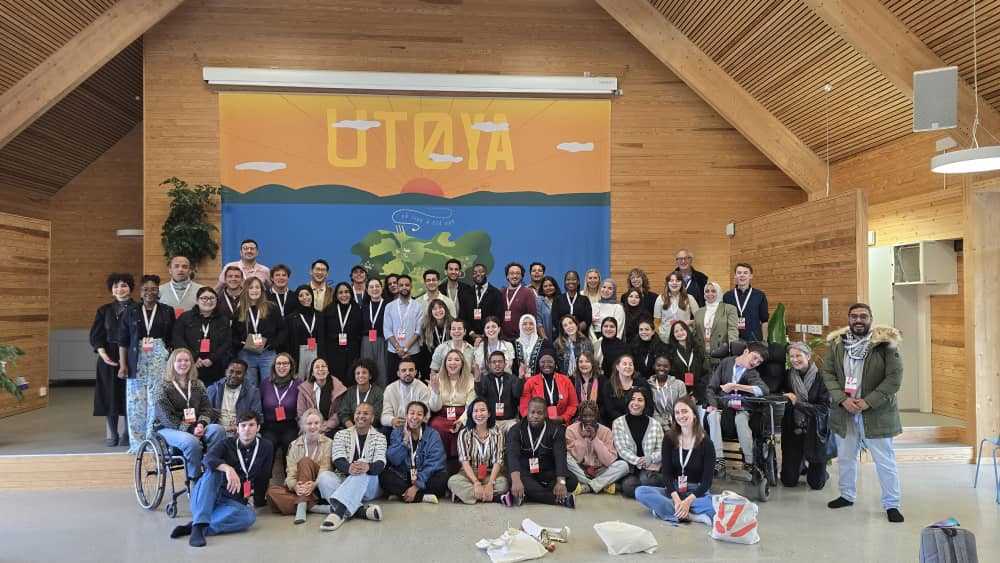
Audrey Galawu- Assistant Editor
From nations mired in conflict to democracies grappling with digital disinformation, young people gathered at the World Expression Forum to reclaim one of the most contested rights of our time: freedom of expression.
Hosted annually in Norway, WEXFO has become a sanctuary for free thought, global dialogue, and urgent advocacy. In 2025, it was the voices of youth that reverberated loudest — young leaders from over 50 countries speaking out not just for themselves, but for generations being silenced across borders, languages, and screens.
Our Voices, Our Power: Youth Rewriting the Narrative
At the heart of WEXFO was a call to defend freedom of expression not just as a legal right, but as a lived, everyday experience. For many, that means confronting shrinking civic spaces, rising authoritarianism, and exclusion from decision-making platforms.
“As African journalists, strengthening press freedom and safety requires unity, resilience, and strategic collaboration,” said Maureen, a journalist from Malawi.
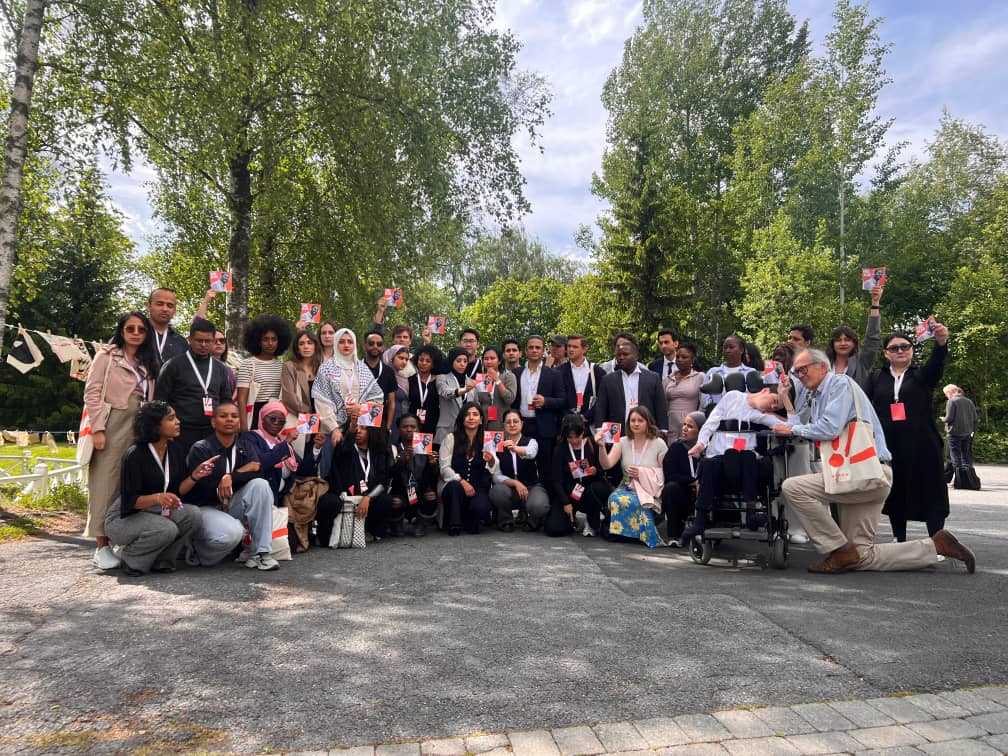
“We must speak with one voice to advocate for laws that protect media freedom and support each other through solidarity, legal aid, and international pressure.”
The forum also created space for voices often pushed to the margins. Oscar Anderson, a disability rights activist, called for accessible, inclusive dialogue.
“Give disabled people the chance to attend events and conferences,” he said. “Not only does it allow them to voice their opinions, but it helps them socialise and be seen—something many don’t get to experience at home.”
“There’s not a single solution for every disabled person,” he added. “Each of us is unique—both in disability and personality.”
Drawing Truth in Exile: Ali Dorani on Power, Diversity, and the Role of Youth
Alexander (Ali) Dorani, better known by his pen name Eaten Fish, brought a powerful testimony of survival and resistance. The Iranian-Norwegian cartoonist and comedian was detained in Australia’s Manus Island refugee camp for over five years after fleeing Iran in 2013. Through his cartoons—published in The Guardian, BBC, The Washington Post, and others—he documented the daily horrors of detention.
At WEXFO, he stressed the importance of creating space for discomfort and honest dialogue.
“Uncomfortable conversations are important, especially on platforms like WEXFO that support freedom of expression,” Dorani said. “They give unheard voices a chance to speak. Being uncomfortable leads to learning and change—because progress doesn’t happen when we stay quiet.”
On global platforms that claim diversity, Dorani was candid: “Diversity is still missing because power is still concentrated in the same hands. Often, diverse voices are included for optics—but they don’t have real say.”
“Diversity isn’t just about being on stage. It’s about shaping the conversation. Without that, we won’t see real change.”
He urged young people to stay engaged: “Know what’s happening. Speak about it—in art, online, anywhere. Join with others who care. A group is stronger than one voice. And most of all, keep showing up. Change happens when young people don’t give up.”
The resonance of expression under threat was echoed by Aayat Aziz, a young activist and storyteller from Kashmir. In a region where surveillance and censorship are daily realities, she said, young people are crafting new ways to be heard.
“Listening to global voices at WEXFO reminded me that while our struggles differ, our desire for justice is shared,” she said. “I learned the power of storytelling as resistance, and how art, dialogue, and youth leadership can build inclusive societies.”
Her participation also reshaped her understanding of her own role: “WEXFO helped me realise that freedom of expression is not just a right—it’s a responsibility. Hearing how others speak up despite fear and censorship encouraged me to use my platform more boldly. I now see my role as a storyteller, creating space for silenced voices—especially from conflict zones.”
“In Kashmir, expression is often met with fear. But we’re reclaiming it—through art, through social media, through presence. Expression is our tool for justice, healing, and truth.”
Bardiane Gorgeous Latir, one of the participants, welcomed the diversity of attendees but urged organisers to go a step further in future editions.
“WEXFO was a great programme, but I would like to see not just representation, but active participation of diverse people in the programme,” she said. “It’s encouraging that we had diverse voices present—now let’s ensure those voices are fully included in shaping the dialogue.”
Related Stories
When Discomfort Builds Bridges: The Case for Inclusive Dialogue
At the World Expression Forum, uncomfortable truths were not silenced — they were invited in. For many participants, the value of the gathering wasn’t just in celebrating free expression, but in daring to confront the assumptions that limit it.
“Uncomfortable conversations are essential to expanding our cognitive framework,” said Mabell Holand, a pedagogue, poet, and workshop-creator. “It’s in these spaces that we rediscover lost ways of thinking, find the fuel to repurpose ourselves, and uncover truths that can be difficult, even painful, to face. But at WEXFO, those truths weren’t faced alone — they were shared and worked through together.”
For them, inclusive dialogue is not about ticking boxes or offering symbolic visibility. It’s about making space for people to express the full truth of their identity — and challenge norms that often dictate what’s “acceptable.”
“Inclusive dialogue is more than having a seat at the table,” they added. “It’s about being free to express yourself fully. That means embracing discomfort as part of building something better.”
Mabell reminded participants that even at WEXFO, openness is not automatic — it is created through mutual curiosity and a shared willingness to listen without defaulting to assumptions of “correctness.”
WEXFO also spotlighted the persistent challenge for young people in global conversations: not just gaining access, but being taken seriously.
“It takes courage and discipline not to lose one’s message in spaces like this,” Mabell reflected. “As young participants, we often find ourselves surrounded by people with more experience and recognition. But we must hold onto our voice and our right to be here.”
Friction, they said, should not be feared — it’s a sign of movement, and movement is the heartbeat of change.
“Youth brings clarity. “Young voices offer critique, vitality, and vision — even if they do it in a way that creates discomfort. That’s the point. That’s how conversations evolve.”
Diversity Without Depth Is Still Exclusion
Despite the growing global appetite for diversity, Mabell challenged the idea that inclusion can be measured through optics alone.
“One of the reasons diversity on global platforms is still lacking is the belief that it’s already been achieved."
“You can fill a room with representatives from every region, but presence does not equal participation.”
They warned against performative inclusion — the kind that counts bodies but not voices.
“True diversity means empowering people to influence the design of the space itself. “Until that happens, we risk turning representation into tokenism. And people know when
they’re tokens.”
Mabell ended with a powerful reflection that circled back to the spirit of WEXFO: “Inclusive dialogue, true representation — these are achieved together. Not because it’s easy, but because it’s hard. And in our uncomfortable truths lies our potential: the potential to do better.”
The Urgency Is Now
From Zimbabwe to Kashmir, Iran to Malawi, the voices at WEXFO were united by urgency and clarity: that silence is not safety, and expression is not optional—it is survival.
“Sometimes, thriving is the most radical thing you can do,” said Karina Thyra Cordova, a writer from Awareness 360. “When all else fails, spite keeps me going. A quiet, stubborn refusal to give in—that’s resistance.”:
WEXFO was more than a conference—it served as a sanctuary where young people from across the world gathered to share their lived experiences, struggles, and triumphs in defending freedom of expression. It was deeply inspiring to witness the remarkable work being done under incredibly difficult circumstances.
The courage displayed by these young activists empowered attendees to speak the truth, even when it is hard, and to stand firm in the belief that every voice matters.
Change might not come today, or be big, or even immediately seen—but every act of bravery makes a difference.










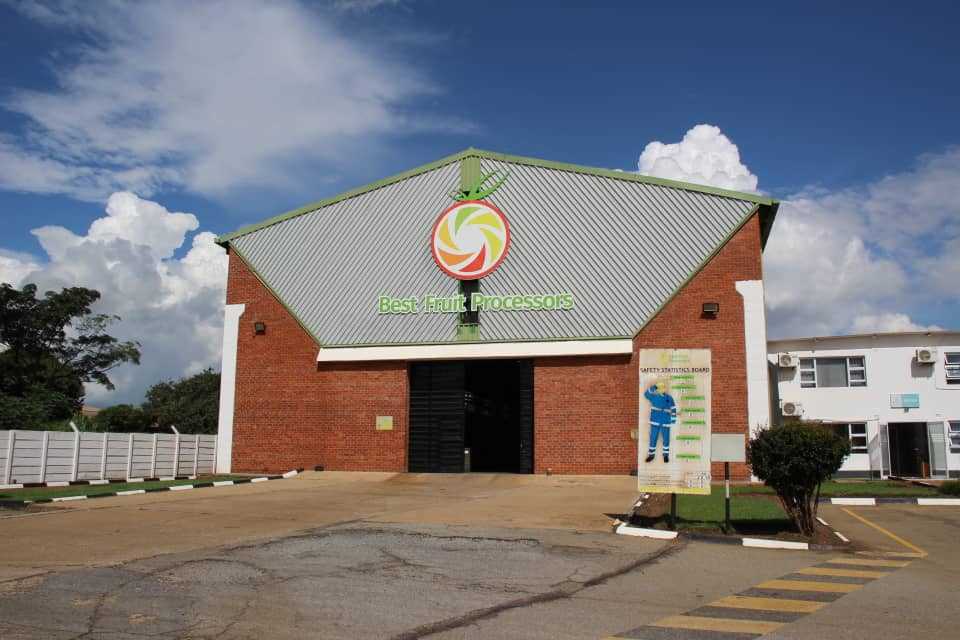
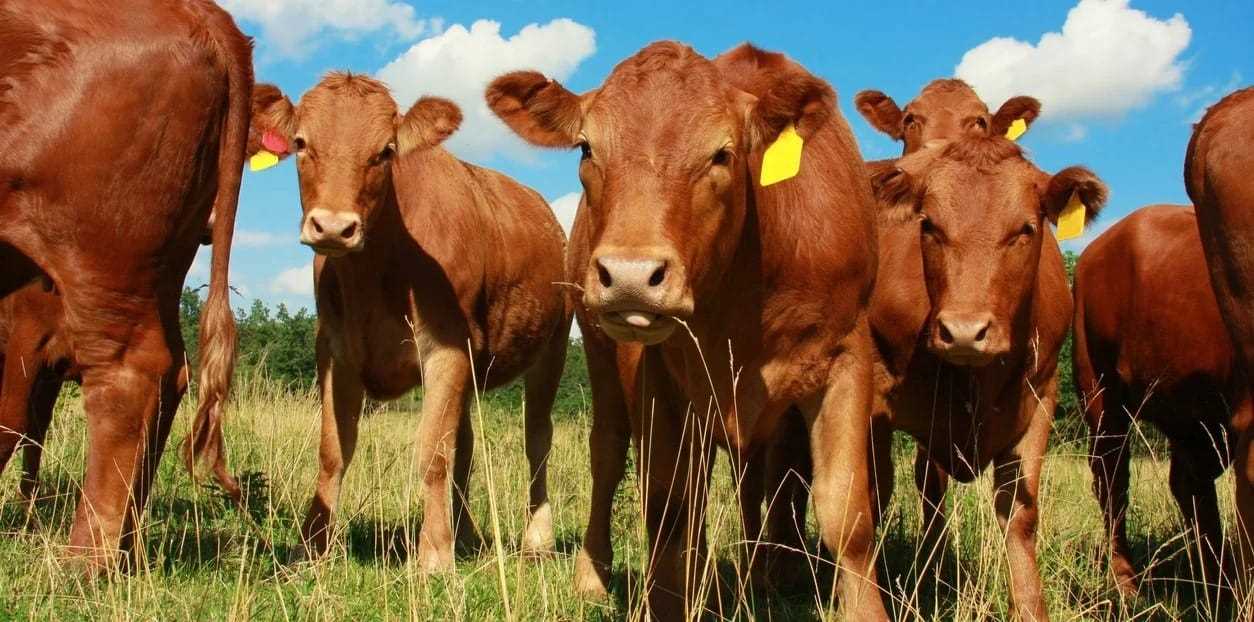

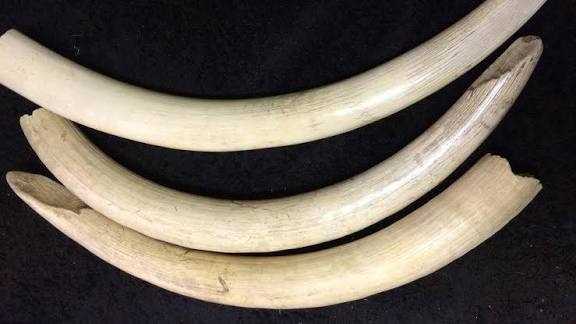
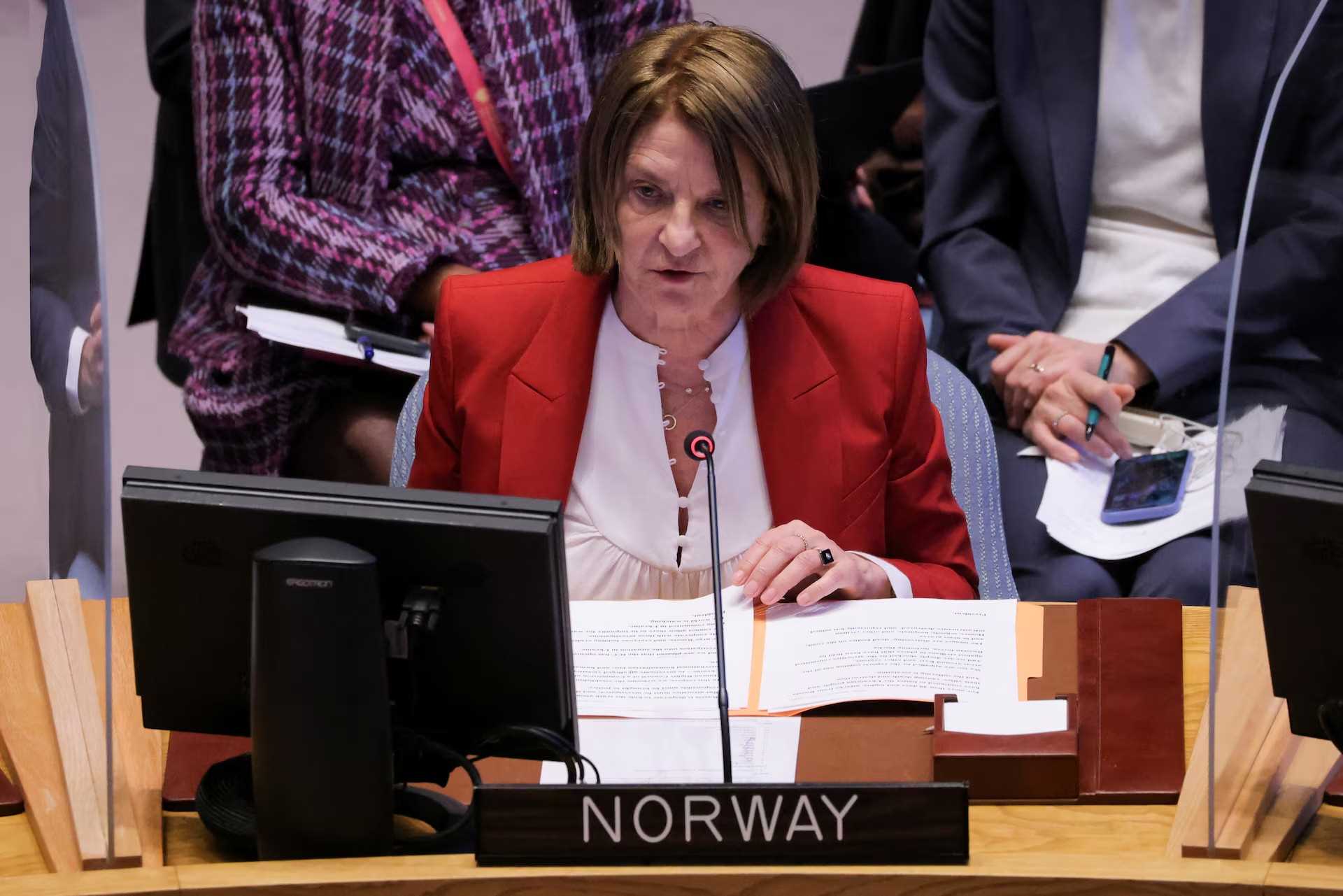
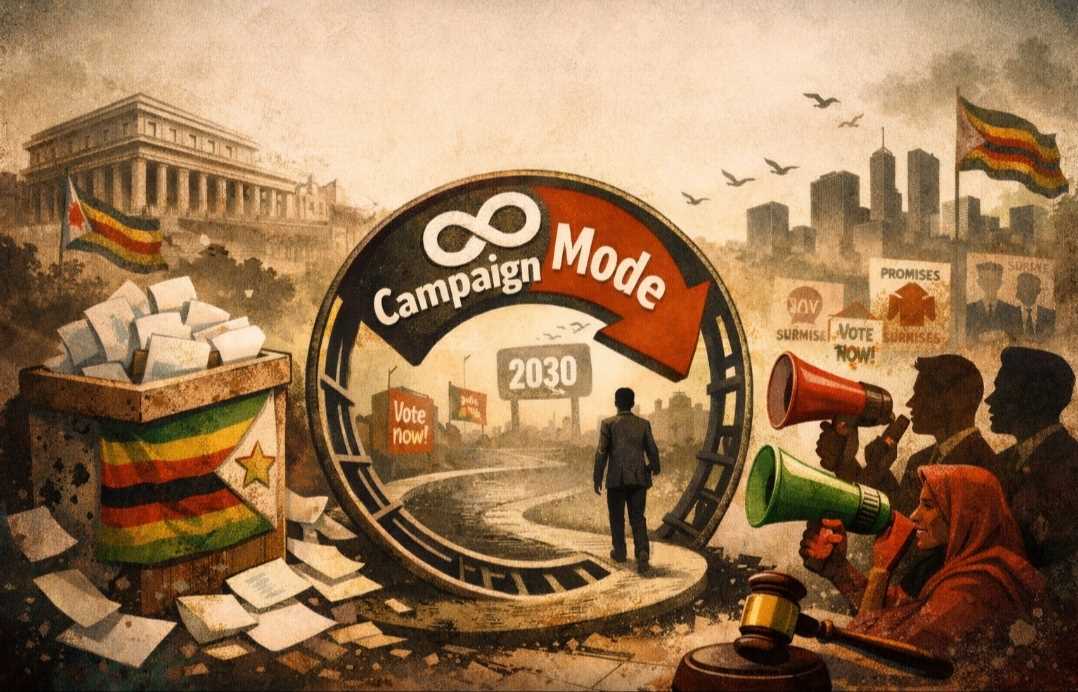
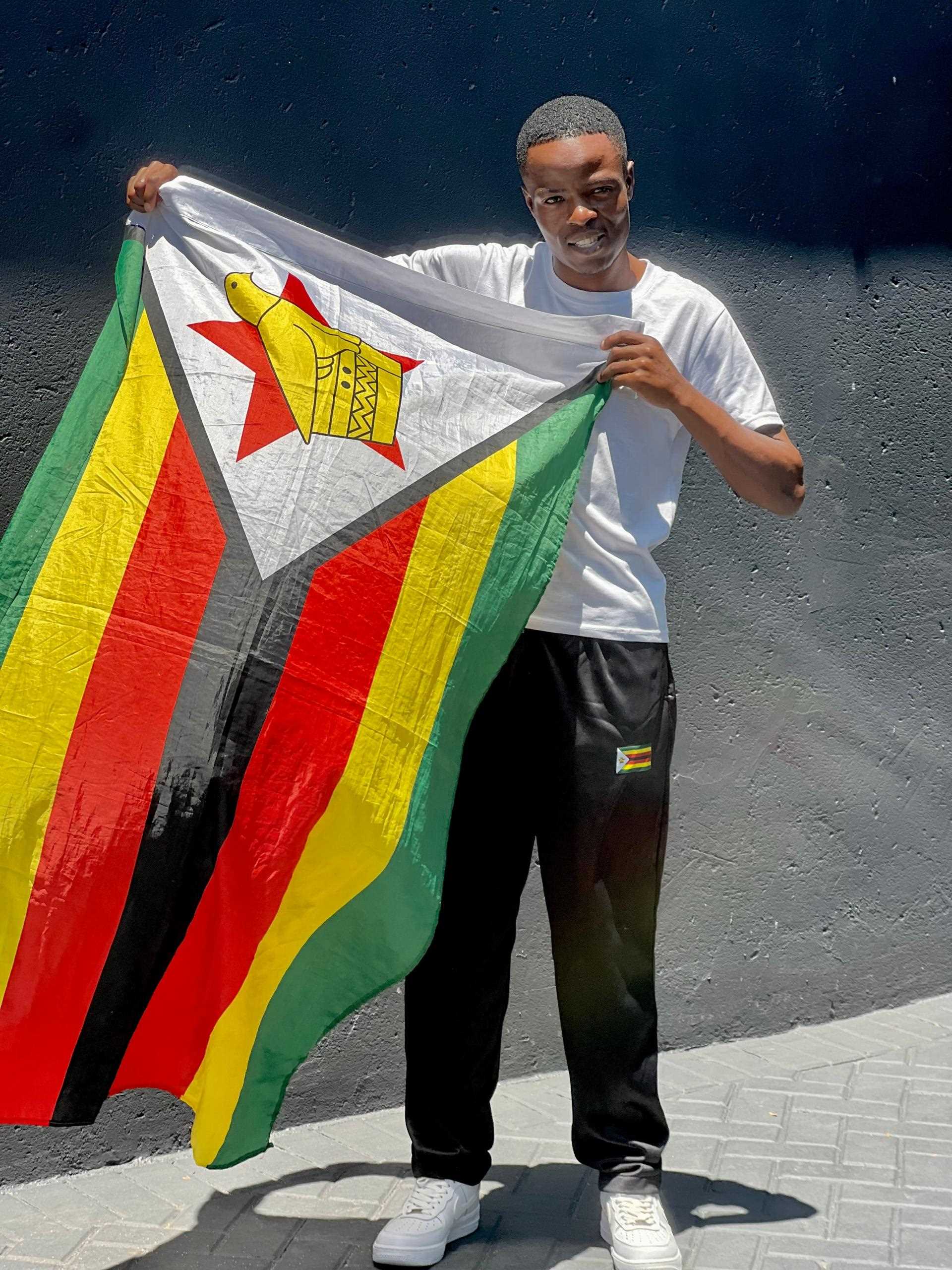


Leave Comments